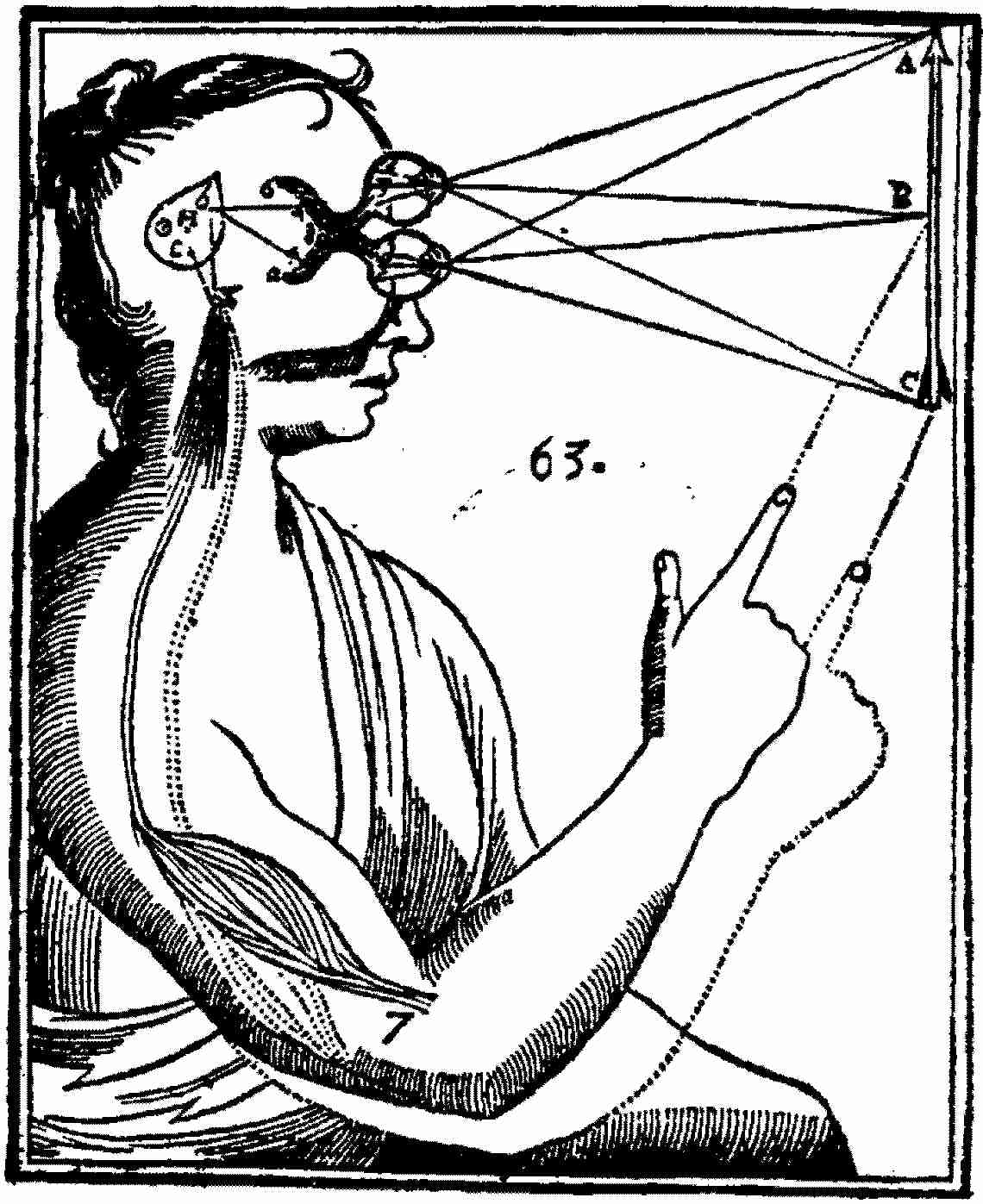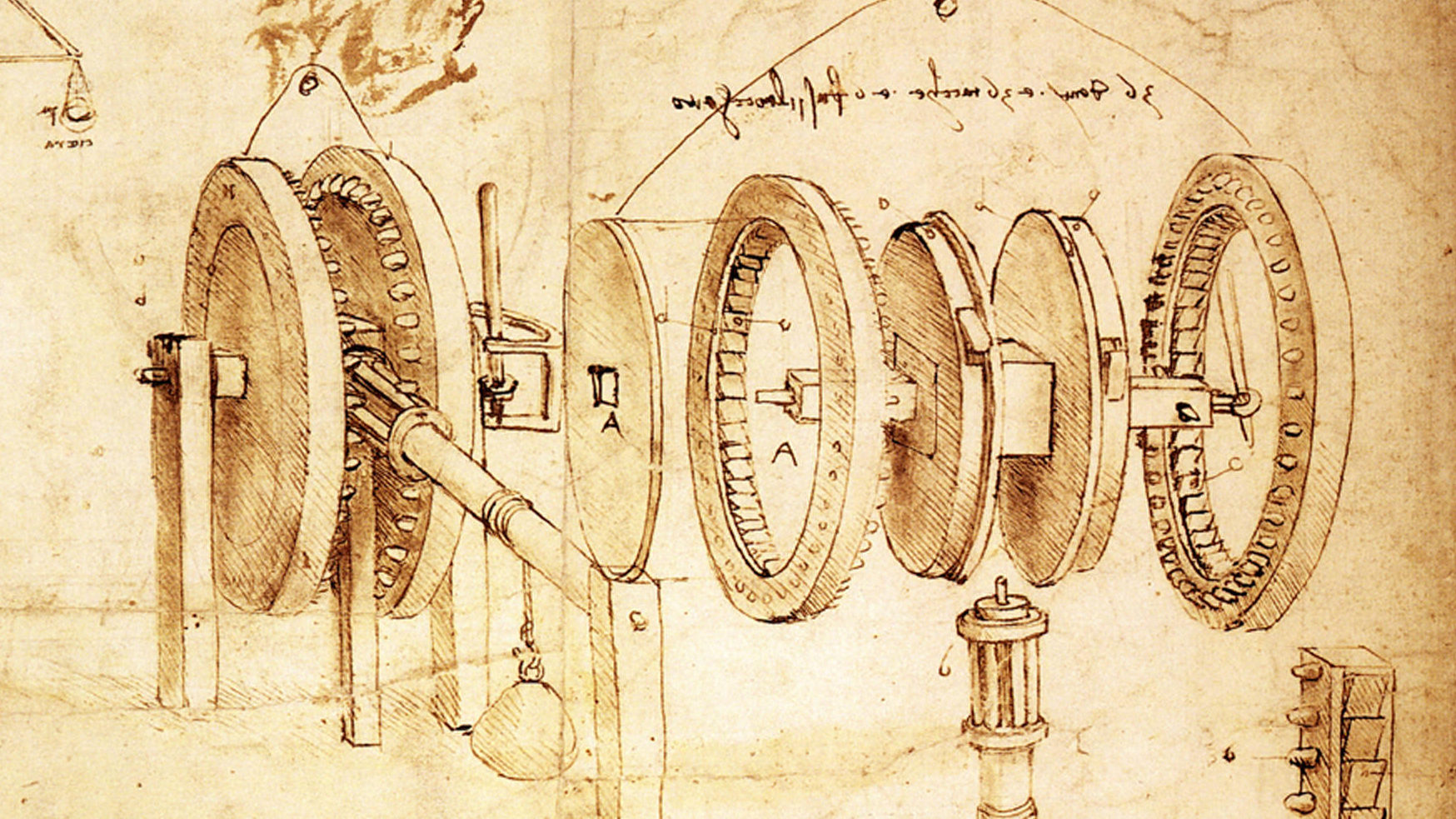On this page, you will find working papers related to the project (talks, articles in preparation…).
Please do not quote without permission.
Feel free to post remarks, suggestions or questions.
All comments are welcome!
Contents
Papers
“Models of Finality: Aristotle, Buridan and Averroes”, Erik Åkerlund
Abstract : Final causation was famously problematized in so called Early Modern philosophy, by Descartes, Spinoza, and others. However, the understanding of final causation had never been monolithic among philosophers, and Early Modern philosophers can rather be understood as carrying on earlier philosophical traditions, especially from the transformations of philosophical debates in the Late Middle Ages. However, due in large part to the literary “style” of Scholastic philosophy, it takes some work to decipher where the actual dividing lines lie in the debates. In this talk, a heuristic scheme is offered, on the background of which the debates on finality in the Late Middle Ages can hopefully be better accounted for. Based on a division between intentional and non-intentional conceptions of finality, on the one hand, and a division between what is here called dynamic and boolean metaphysics, respectively, on the other, three earlier thinkers from different times are offered as paradigmatic examples of different models of finality: Aristotle (non-intentional and dynamic), Buridan (intentional and boolean), and Averroes (intentional and dynamic). In the scope of this talk, these divisions and categorizations will be presented and argued for. It remains, for later, to show the fruitfulness of this heuristic model for understanding transformations in the treatment of finality in the Late Middle Ages.
Talks
PowerPoint-presentation, “Arriaga on Matter”, Stockholm, January 21 2022, Erik Åkerlund
Abstract: For Rodrigo de Arriaga (1592–1667), prime matter is unequivocally a substance. Further, there is no real difference between prime matter, on the one hand, and proximate matter, on the other, as is otherwise standard in the earlier Scholastic tradition. This puts the question of the relation between matter, on the one hand, and substantial form – that is also a substance –, on the other, into a new light. How are matter and form united to make composites, according to Arriaga? And how is matter structured in itself, considered apart from its union with form?
Powers and Laws of Nature in Late Medieval and Early Modern Philosophy: The Problem of Reaction
Here is the handout of a talk given in May 2021 on the problem of reaction in the late Middle Ages. The aim of this presentation was to show the influence of medieval discussions on reaction in the emergence of new theories of power and laws of nature in early modern philosophy.

